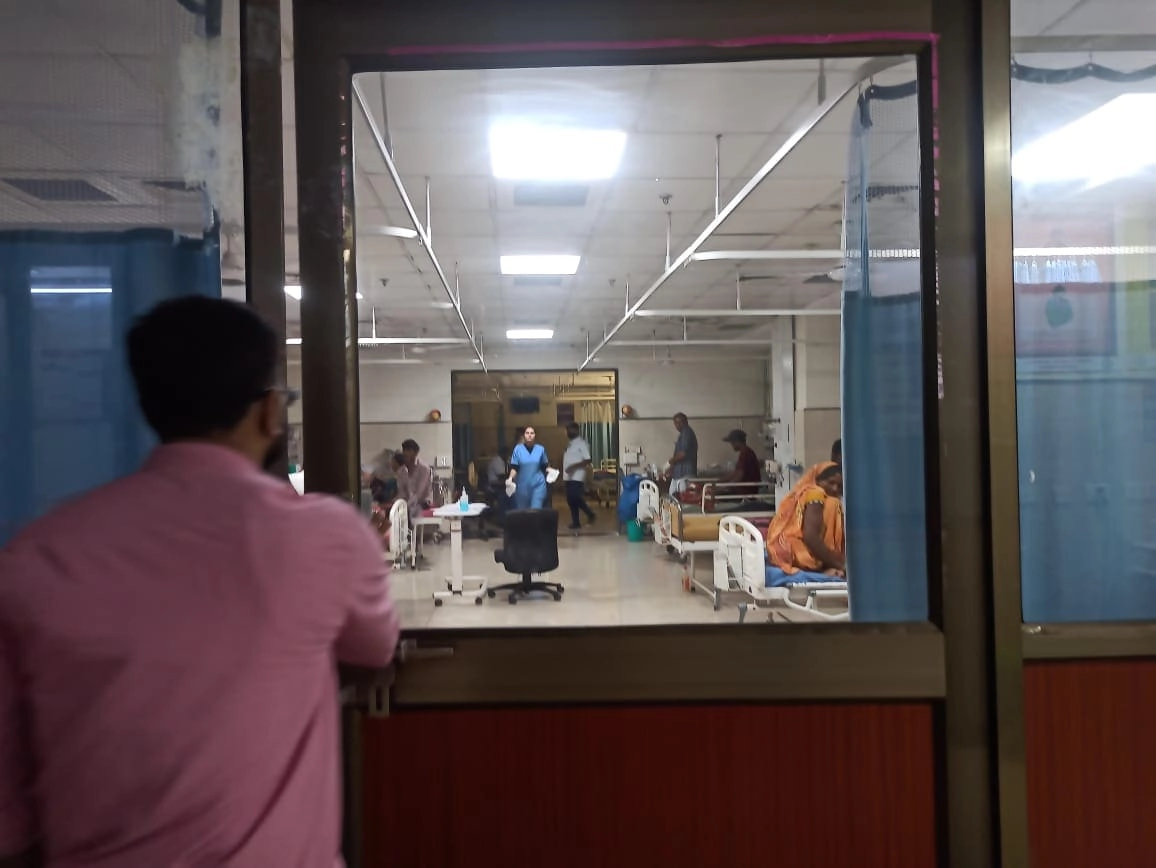Air India has recently made headlines for its decision to cancel a flight from Bhubaneswar to Delhi, citing excessively high temperatures within the aircraft cabin. This unexpected cancellation has raised concerns among passengers and the general public regarding the safety protocols and operational standards of the airline. The flight, which was scheduled to transport travelers from the eastern Indian city to the national capital, was grounded due to the uncomfortable and potentially hazardous conditions created by elevated temperatures inside the aircraft.
The cancellation of the Bhubaneswar-Delhi flight serves as a reminder of the challenges airlines face, especially during warmer months when cabin temperatures can rise significantly. Such situations necessitate quick decision-making to ensure passenger safety and comfort. Air India’s prompt action in canceling the flight highlights its commitment to adhering to safety standards, even though it may have caused inconvenience to travelers who were looking forward to their journey. Passengers often rely heavily on airlines for timely service, and cancellations can disrupt their plans and schedules, leading to frustration and disappointment.
In light of this incident, it is essential for airlines to maintain transparency with their customers regarding operational challenges and the reasons behind flight cancellations. Effective communication can help mitigate passenger dissatisfaction and foster a sense of trust in the airline’s commitment to safety. Furthermore, this situation may prompt Air India and other airlines to reevaluate their protocols for ensuring cabin temperatures remain within acceptable limits, especially in regions where high temperatures are prevalent.
As the airline industry continues to recover from the impacts of the pandemic, operational issues like this can serve as a learning opportunity for both carriers and regulatory bodies in enhancing their service. Ensuring comfortable flying conditions is crucial for customer satisfaction, and it is vital for airlines to invest in infrastructure and technology that can help prevent similar incidents in the future. Ultimately, the well-being of passengers must remain a top priority, and proactive measures should be taken to uphold high standards in air travel.




